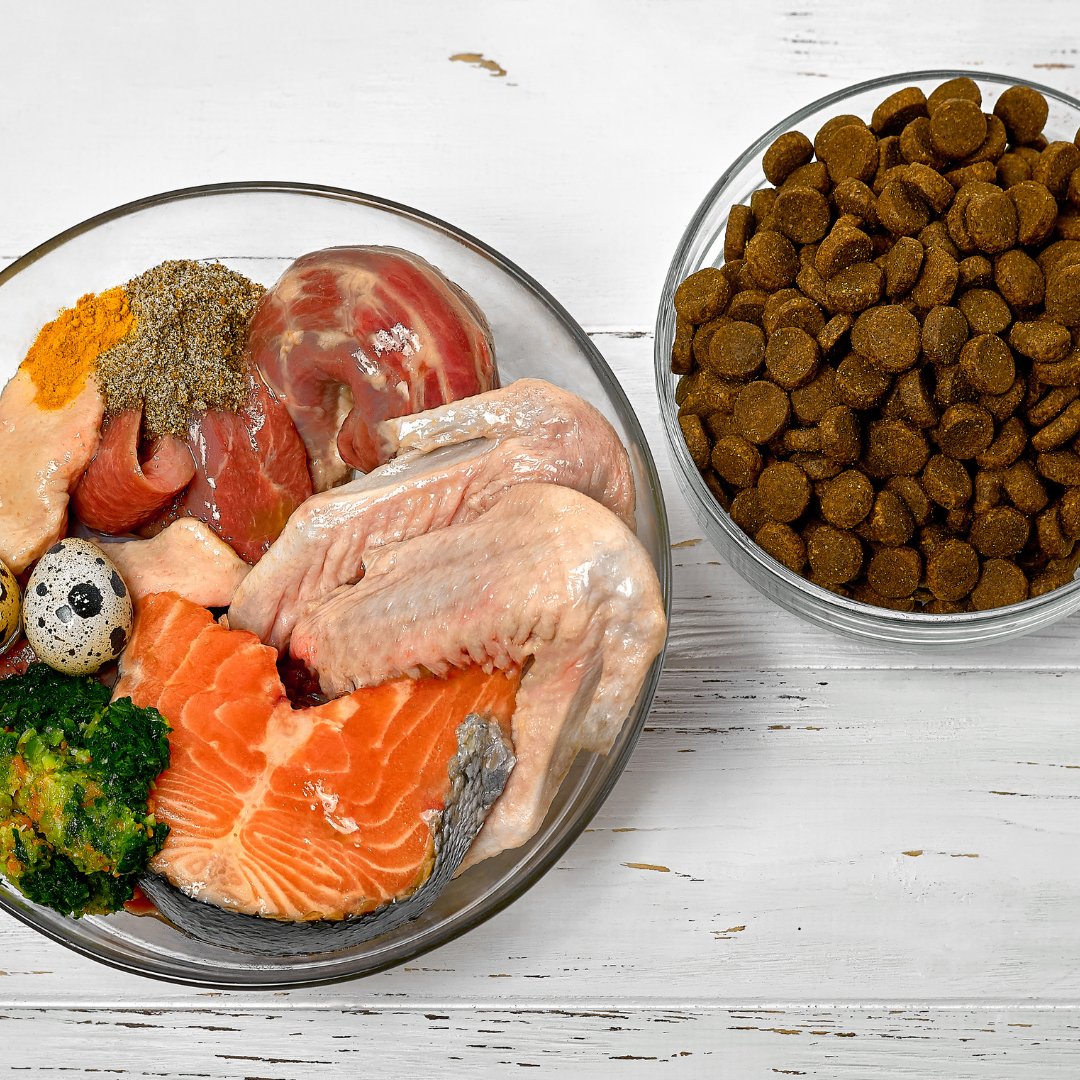
10 Herbs That Every Dog Needs
Herbs have been used for centuries to support health and wellness in humans, and they can offer similar benefits for our canine companions. Incorporating herbs into your dog’s diet can provide a natural boost to their overall well-being, supporting everything from digestion to immune health. Here’s a look at the top 10 herbs you can safely and effectively add to your dog’s diet.
1. Turmeric
Turmeric is a powerful anti-inflammatory and antioxidant herb. The active compound, curcumin, is known to help reduce inflammation, support joint health, and improve heart and liver function. It’s especially beneficial for older dogs or those suffering from arthritis. You can add a small amount of turmeric powder to your dog’s food, or make a turmeric paste mixed with black pepper and coconut oil for better absorption.
2. Ginger
Ginger is excellent for supporting digestion and reducing nausea. It can be particularly helpful for dogs that suffer from motion sickness or gastrointestinal issues. Ginger also has anti-inflammatory properties, making it a good choice for dogs with arthritis. Freshly grated ginger or a small amount of ginger powder can be sprinkled on your dog’s food.
3. Parsley
Parsley is not just a garnish; it’s a nutritional powerhouse for dogs. Rich in vitamins A, C, and K, parsley helps freshen breath, supports kidney function, and has diuretic properties that can aid in detoxification. Finely chopped fresh parsley can be added to your dog’s meals for a nutritional boost.
4. Dandelion
Dandelion leaves are packed with vitamins A, C, K, and D, as well as minerals like calcium and potassium. This herb supports liver health, digestion, and acts as a diuretic to help flush out toxins. You can add fresh dandelion greens to your dog’s food or brew a dandelion tea to pour over their kibble.
5. Milk Thistle
Milk thistle is renowned for its liver-protective properties. It contains silymarin, a compound that helps regenerate liver cells and detoxify the liver from harmful substances. This is especially useful for dogs on medications or those exposed to toxins. Milk thistle can be given in capsule form or as a powder sprinkled on food.
6. Oregano
Oregano is a natural antibiotic and antifungal herb, making it great for supporting immune health and combating infections. It’s also rich in antioxidants, which help protect against cellular damage. Fresh oregano leaves can be chopped and added to your dog’s food, or you can use a small amount of dried oregano.
7. Basil
Basil offers anti-inflammatory, antimicrobial, and antioxidant benefits. It’s also known to reduce anxiety in dogs and support overall heart health. Fresh basil leaves can be mixed into your dog’s meals to help enhance their diet and promote a sense of calm.
8. Chamomile
Chamomile is famous for its calming properties and is great for dogs with anxiety or digestive issues. It can also help soothe irritated skin when used topically. A small amount of chamomile tea added to your dog’s water or food can work wonders for their nerves and stomach.
9. Rosemary
Rosemary is an excellent herb for boosting memory and supporting cognitive function in aging dogs. It’s also a powerful antioxidant that helps protect cells from damage and improves circulation. You can add fresh rosemary leaves to your dog’s food or use a diluted rosemary tea as a rinse for skin irritations. Rosemary should not be fed to dogs prone to seizures.
10. Thyme
Thyme is a potent antimicrobial and antifungal herb, making it useful for fighting infections and supporting respiratory health. It’s also rich in vitamins C and A, which boost the immune system. A small amount of fresh or dried thyme can be sprinkled over your dog’s meals.
How to Safely Add Herbs to Your Dog’s Diet
While herbs can offer fantastic health benefits, it’s important to introduce them gradually and in moderation. Always start with small amounts and observe how your dog reacts. Some herbs may not be suitable for dogs with certain health conditions, so it’s best to consult with a veterinarian or a holistic pet nutritionist before making significant changes to your dog’s diet.
How to Prepare Herbs for Your Dog
To make an herbal decoction, start by simmering dried herbs in water for 20-30 minutes to extract their beneficial compounds. Use about one tablespoon of dried herbs per cup of water. Once simmered, strain the liquid and let it cool slightly. You can then pour this nutrient-rich decoction over your dog’s kibble or use it to gently warm raw food. If you are cooking your food, you may add the herbs to the slow cooker. I recommend adding turmeric paste as a topper at feeding time.
Conclusion
Incorporating herbs into your dog’s diet is a simple and natural way to boost their health and longevity. From supporting digestion to enhancing immune function, these herbs can make a significant difference in your dog’s overall well-being. Start with these top 10 herbs and see the positive impact they can have on your furry friend’s health.


